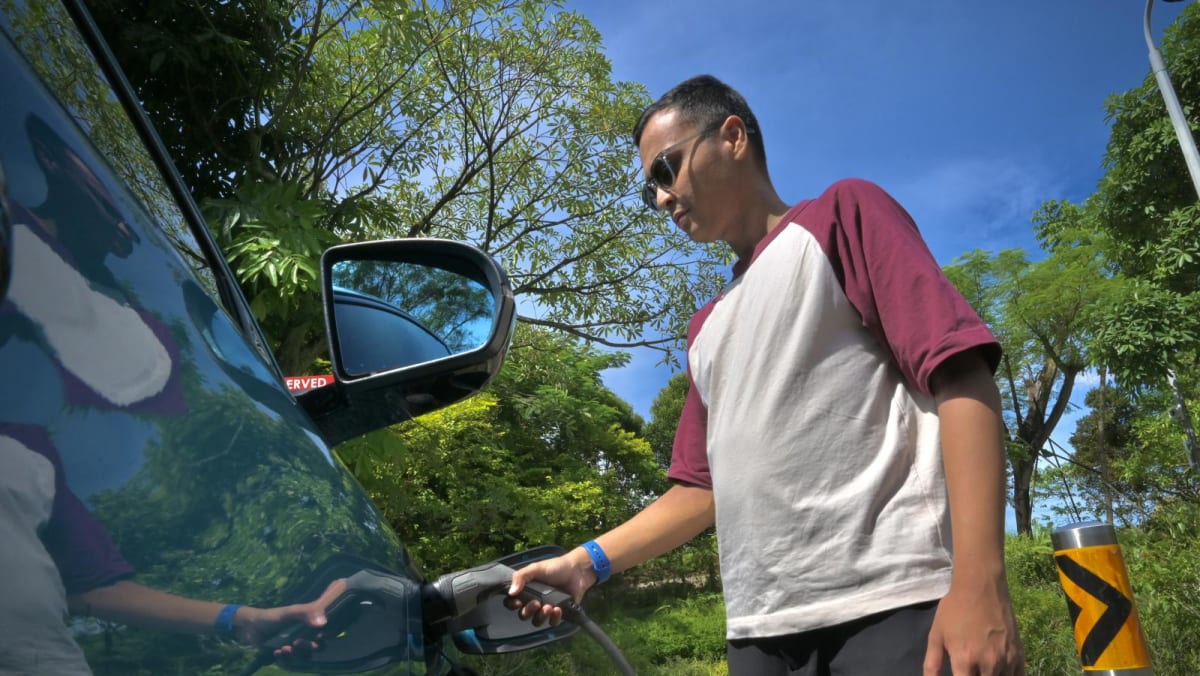TECHNOLOGY ADVANCING TOO FAST?
The fear that technology would advance and make his car outdated was one that 57-year-old Ronnie Loh had when he purchased his EV in May.
He had chosen to buy an EV in part due to the attractive incentives by the government to encourage EV adoption, which helped him save S$40,000.
However, the project manager in a commercial food service equipment firm told CNA he had his doubts.
“When I bought this EV car, I told myself that if I changed it (before 10 years), no one would want to buy my car,” he said.
He added, for example, that there is a perception that battery technology has been advancing quickly, with batteries in newer EV models seen as safer and being able to charge fully in a shorter time.
These changes may lead potential buyers to perceive his car as outdated, he added.
He has not calculated the expected loss in value as the EV market is evolving, but he is prepared for the worst.
“The resale market seems very bad, so once I buy my EV, I will have to be stuck with it, so I have mentally prepared (myself). If the situation demands it, and I have to sell for a very big loss, then so be it,” he added.
Assoc Prof Theseira said that when EVs were still nascent in the 2010s, it was true that resale models from that era would not be competitive in today’s market.
“Basically, almost no EVs designed and built in the 2010s are competitive to those built today, as those built today are cheaper to make, and have greater capabilities (such as) better range, efficiency,” he said.
However, he said changes in technology and prices have slowed down dramatically.
Tesla models from the early 2020s still have functionality that is “extremely similar” to current-generation EVs, he added.
“The resale value (is) hurt primarily by price cuts in current-gen EVs due to manufacturing cost reductions,” he said.
However, he acknowledged that there have been cases of EVs that have suffered high depreciation in resale value due to improving technology and cost changes.
Technological advancements, economies of scale and changes to COE prices have led to some newer EV models being cheaper, and this can dampen demand for older EV models.
One example was the first batch of Tesla Model Ys that were launched locally in 2022. They were priced high and that was when COE prices also peaked, said Assoc Prof Theseira.
“They have depreciated very significantly due to a combination of COE prices falling significantly and new Model Y pricing falling,” he said.
The Model Y was priced from S$142,471 without COE when it was released in 2022, while the new Model Y released this year was priced from S$103,476, according to Tesla’s website.
